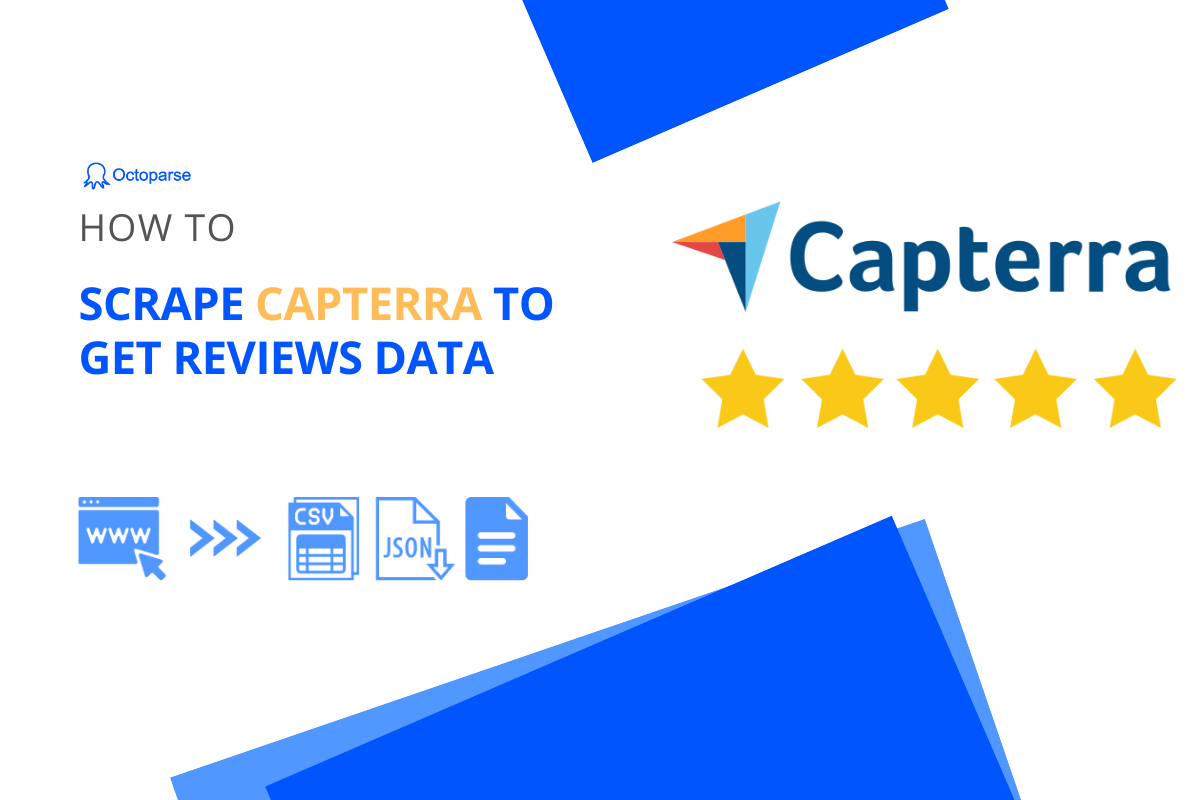
Understanding the Digital Landscape of Software Reviews
In the intricate world of technology research, Capterra stands as a beacon of comprehensive software insights. As a platform hosting millions of software reviews across diverse industries, it represents more than just a review site—it‘s a dynamic ecosystem of technological evaluation and market intelligence.
The Evolution of Software Review Platforms
When Michael Ortner and Rakesh Chilakapati founded Capterra in 1999, they likely didn‘t anticipate how profoundly their platform would transform software selection processes. What began as a simple review aggregation site has metamorphosed into a critical resource for businesses, researchers, and technology professionals worldwide.
Why Web Scraping Matters in the Modern Technology Ecosystem
Web scraping isn‘t just a technical skill—it‘s a strategic approach to understanding complex digital landscapes. By extracting structured data from platforms like Capterra, researchers can uncover nuanced insights that traditional market research methods might overlook.
The Strategic Value of Data Extraction
Imagine having the ability to analyze thousands of software reviews, identifying precise trends, user sentiments, and market movements—all without manual intervention. Web scraping transforms this from a hypothetical scenario into a tangible research methodology.
Legal and Ethical Considerations in Web Scraping
Navigating the legal landscape of web scraping requires a sophisticated understanding of digital ethics and regulatory frameworks. While data extraction offers immense potential, it demands responsible implementation.
Regulatory Frameworks and Compliance
Different jurisdictions present unique challenges for web scraping. In the United States, the legal perspective tends to be more permissive, whereas European regulations like GDPR impose stringent data protection requirements. Understanding these nuances is crucial for responsible data extraction.
Key Legal Considerations
- Respect website terms of service
- Implement non-invasive scraping techniques
- Anonymize collected data
- Avoid commercial republication without permission
Technical Methodologies for Capterra Data Extraction
Programming Language Selection
While multiple programming languages offer web scraping capabilities, Python emerges as the premier choice for most technology professionals. Its robust ecosystem of libraries and frameworks provides unparalleled flexibility in data extraction.
Recommended Python Libraries
- BeautifulSoup for HTML parsing
- Scrapy for comprehensive web crawling
- Selenium WebDriver for dynamic content handling
- Requests for network interactions
Advanced Extraction Techniques
Successful web scraping transcends basic code implementation. It requires a nuanced understanding of website architectures, dynamic content loading, and potential anti-scraping mechanisms.
Sophisticated Scraping Strategies
- Implement intelligent request throttling
- Utilize rotating proxy networks
- Simulate realistic browser behaviors
- Handle JavaScript-rendered content
- Manage complex authentication scenarios
Practical Implementation: A Comprehensive Scraping Workflow
Preparing Your Development Environment
Before diving into code, establish a robust development environment. This involves:
- Installing Python
- Configuring virtual environments
- Setting up necessary libraries
- Implementing version control
Sample Extraction Script Architecture
import requests
from bs4 import BeautifulSoup
import pandas as pd
class CapterraScraper:
def __init__(self, base_url):
self.base_url = base_url
self.headers = {
‘User-Agent‘: ‘Professional Research Bot/1.0‘
}
def extract_product_reviews(self, product_url):
# Comprehensive extraction logic
passMarket Trends and Future Perspectives
The Evolving Landscape of Software Review Platforms
As artificial intelligence and machine learning technologies advance, web scraping methodologies will become increasingly sophisticated. We‘re witnessing a transformation from manual data collection to intelligent, adaptive extraction systems.
Emerging Technologies in Data Extraction
- Machine learning-powered scraping algorithms
- Advanced natural language processing
- Real-time data normalization
- Automated insight generation
Practical Challenges and Solutions
Web scraping isn‘t without its challenges. Anti-scraping technologies, dynamic website architectures, and complex authentication mechanisms can impede data extraction efforts.
Overcoming Technical Barriers
Successful researchers develop adaptive strategies:
- Implementing intelligent retry mechanisms
- Using headless browser technologies
- Developing robust error handling
- Creating flexible extraction frameworks
Investment and Business Potential
Transforming Raw Data into Strategic Insights
The true value of web scraping lies not in data collection, but in transforming extracted information into actionable intelligence. Businesses can leverage Capterra data for:
- Competitive analysis
- Product development insights
- Market trend identification
- User sentiment tracking
Conclusion: The Future of Web Scraping
As technology continues evolving, web scraping will remain a critical skill for technology professionals. By combining technical expertise, ethical considerations, and strategic thinking, researchers can unlock unprecedented insights from platforms like Capterra.
Final Recommendations
- Continuously update technical skills
- Stay informed about legal frameworks
- Prioritize ethical data extraction
- Invest in adaptive technologies
Disclaimer
This guide is for educational purposes. Always consult legal professionals and respect platform guidelines during data extraction processes.










